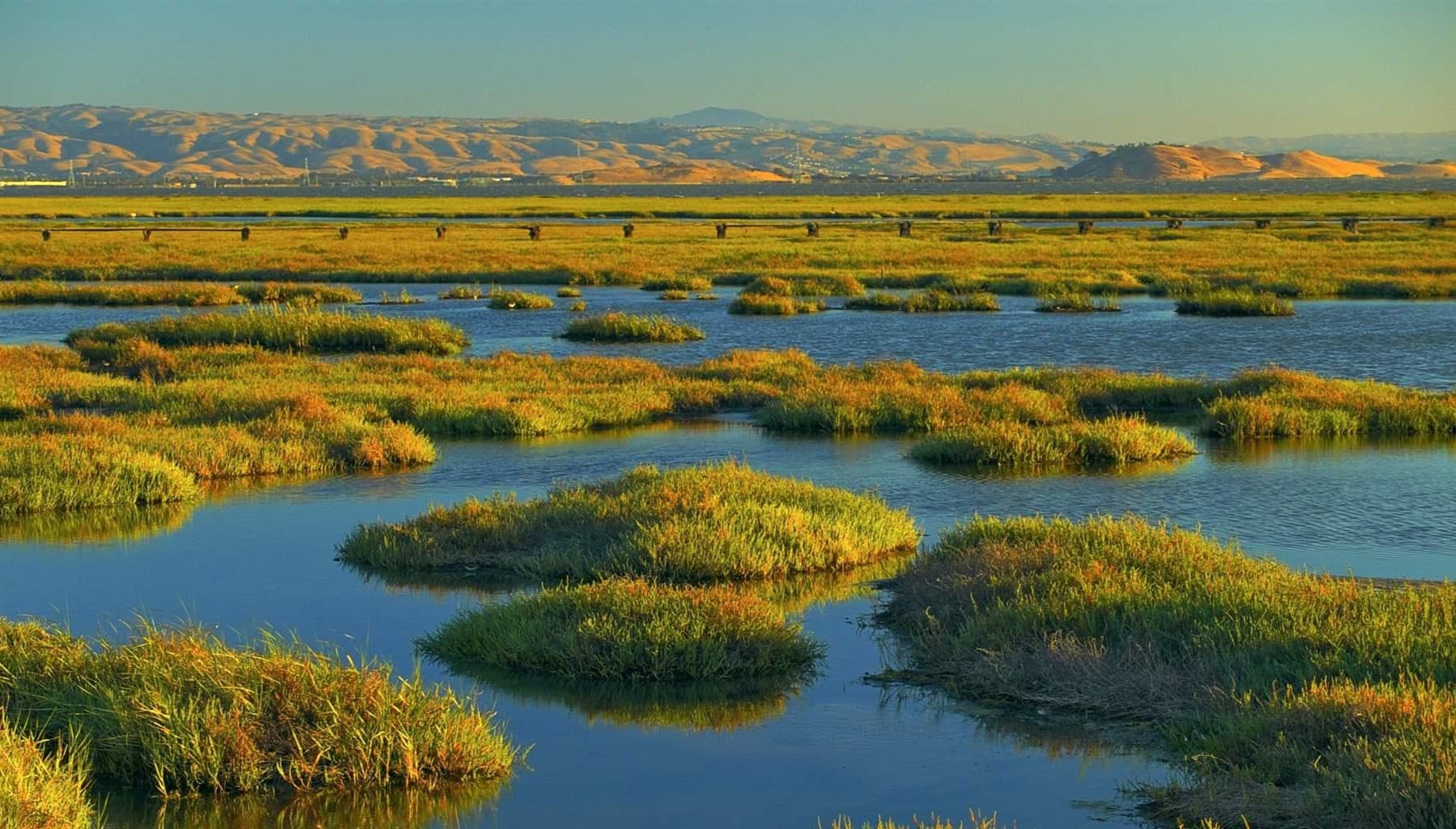
Wetlands are some of the most important ecosystems on Earth. They act as natural water filters, provide habitat for countless species, and help control floods. But what exactly makes these areas so special? Wetlands are unique because they are saturated with water, either permanently or seasonally, which creates a distinct environment. They can be found on every continent except Antarctica and come in various forms like marshes, swamps, and bogs. These ecosystems support a rich diversity of life, from plants and insects to birds and mammals. Understanding wetlands is crucial for conservation efforts and maintaining biodiversity. Ready to learn more? Here are 18 fascinating facts about wetlands that will deepen your appreciation for these vital natural resources.
What Are Wetlands?
Wetlands are unique ecosystems where water covers the soil or is present at or near the surface for varying periods. These areas are vital for biodiversity, water purification, and flood control. Let's dive into some fascinating facts about wetlands.
-
Wetlands are found on every continent except Antarctica. They exist in a variety of climates, from tropical rainforests to arctic tundras.
-
Wetlands cover about 6% of the Earth's surface. Despite their relatively small area, they play a crucial role in the environment.
Types of Wetlands
Wetlands come in different forms, each with its own unique characteristics and importance. Here are some of the main types:
-
Marshes are wetlands dominated by herbaceous plants like grasses and reeds. They are often found at the edges of lakes and rivers.
-
Swamps are wetlands with trees and shrubs. They can be freshwater or saltwater and are typically found in low-lying areas.
-
Bogs are acidic wetlands with peat deposits. They are usually found in cooler climates and are home to unique plant species like sphagnum moss.
-
Fens are similar to bogs but less acidic. They receive water from both rainfall and groundwater, supporting a diverse range of plant life.
Importance of Wetlands
Wetlands are incredibly important for both the environment and human society. Here are some reasons why:
-
Wetlands act as natural water filters. They trap pollutants and sediments, improving water quality.
-
They provide habitat for a wide variety of wildlife. Many species of birds, fish, and amphibians rely on wetlands for breeding and feeding.
-
Wetlands help control floods. They absorb excess rainwater and release it slowly, reducing the risk of flooding downstream.
-
They store carbon. Wetlands are significant carbon sinks, helping to mitigate climate change by storing large amounts of carbon in their soils and vegetation.
Threats to Wetlands
Despite their importance, wetlands face numerous threats. Here are some of the main challenges they encounter:
-
Wetlands are being drained for agriculture and urban development. This leads to habitat loss and a decline in biodiversity.
-
Pollution from industrial and agricultural sources contaminates wetlands. This can harm the plants and animals that live there.
-
Climate change is altering wetland ecosystems. Rising temperatures and changing precipitation patterns can affect the water levels and health of wetlands.
-
Invasive species can disrupt wetland ecosystems. Non-native plants and animals can outcompete native species, leading to a loss of biodiversity.
Conservation Efforts
Efforts to protect and restore wetlands are crucial for maintaining their ecological functions. Here are some ways people are working to conserve these vital ecosystems:
-
Wetland restoration projects aim to return degraded wetlands to their natural state. This can involve removing invasive species, replanting native vegetation, and reintroducing water flow.
-
Legal protections help safeguard wetlands. Many countries have laws and regulations in place to prevent wetland destruction and promote conservation.
-
Community involvement is key to wetland conservation. Local communities can play a vital role in protecting and restoring wetlands through education and stewardship programs.
-
International agreements like the Ramsar Convention promote wetland conservation globally. This treaty encourages countries to designate and protect important wetland sites.
Wetlands are invaluable ecosystems that provide numerous benefits to both nature and humans. Protecting and restoring these areas is essential for maintaining biodiversity, water quality, and climate stability.
Wetlands: Nature's Unsung Heroes
Wetlands play a vital role in our ecosystem. They act as natural water filters, flood protectors, and habitats for countless species. These areas store carbon, helping combat climate change. Despite their importance, wetlands face threats from human activities like agriculture and urban development. Protecting these areas is crucial for maintaining biodiversity and ensuring clean water supplies. Simple actions like supporting conservation efforts and reducing pollution can make a big difference. Wetlands are more than just swamps or marshes; they are dynamic ecosystems that support life in many forms. Understanding their value helps us appreciate and protect these natural wonders. So next time you see a wetland, remember its significance and the role it plays in keeping our planet healthy.
Was this page helpful?
Our commitment to delivering trustworthy and engaging content is at the heart of what we do. Each fact on our site is contributed by real users like you, bringing a wealth of diverse insights and information. To ensure the highest standards of accuracy and reliability, our dedicated editors meticulously review each submission. This process guarantees that the facts we share are not only fascinating but also credible. Trust in our commitment to quality and authenticity as you explore and learn with us.


